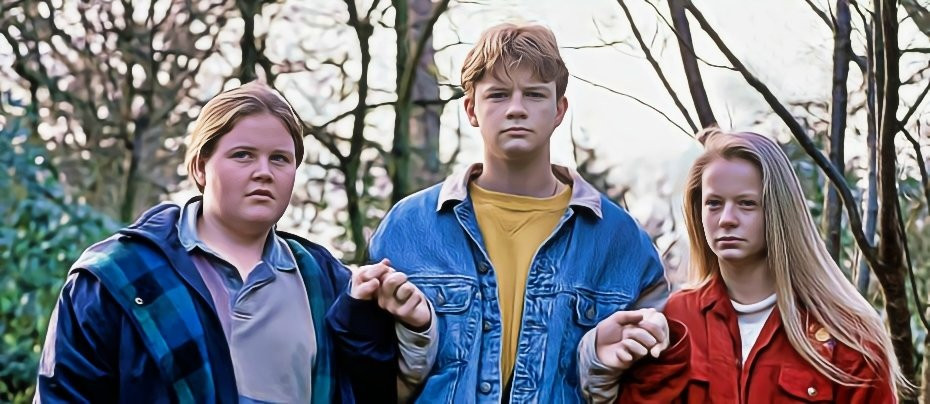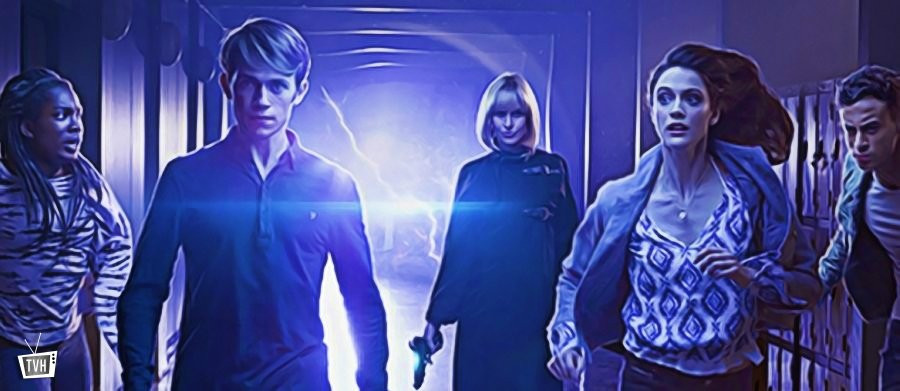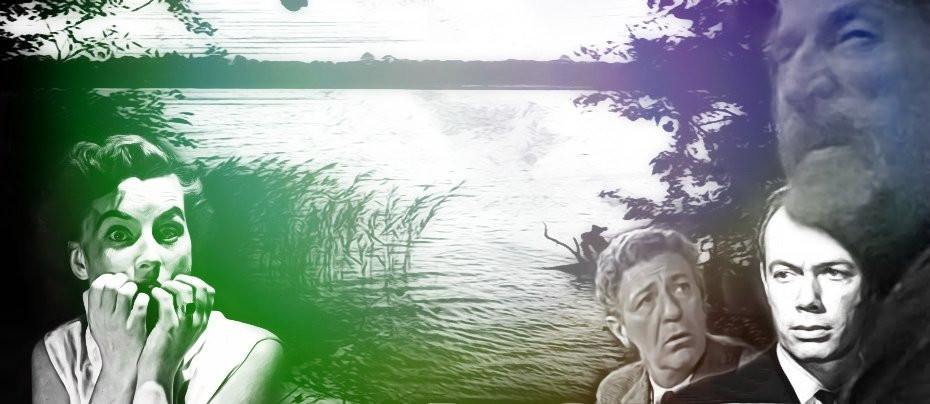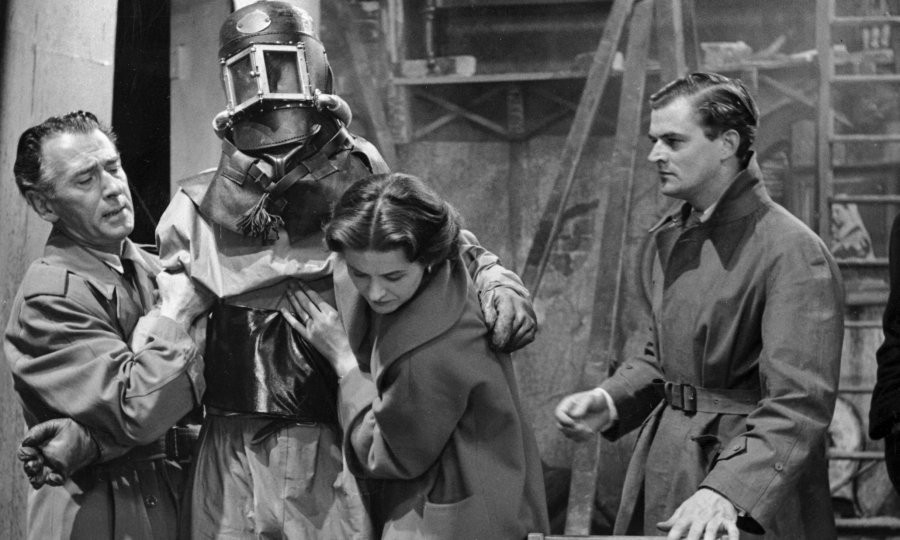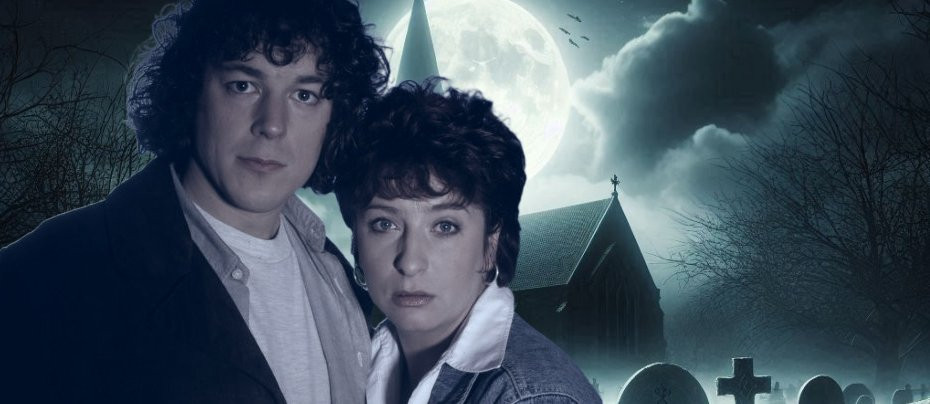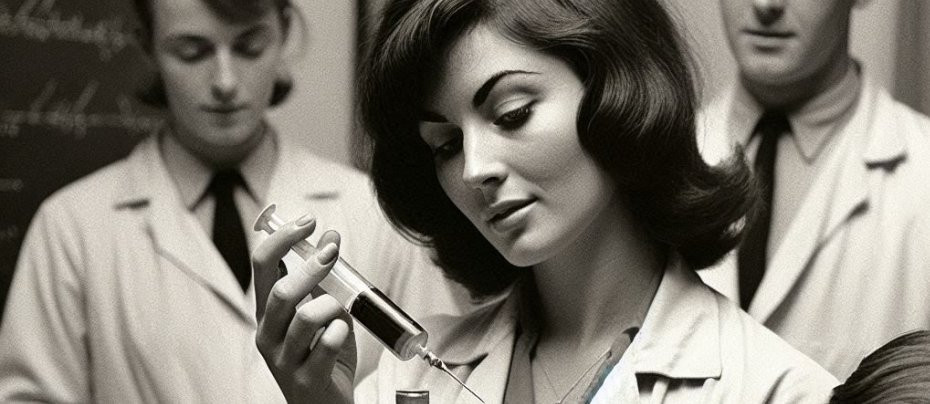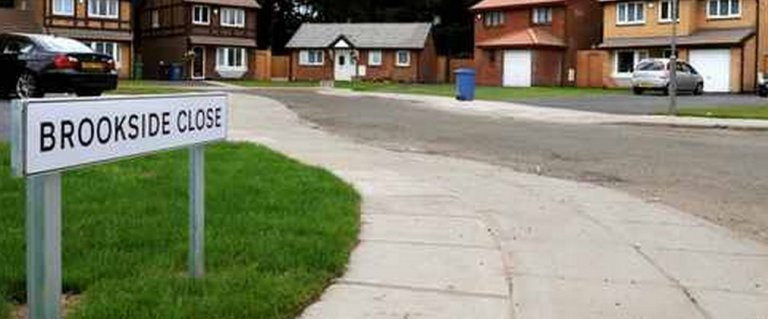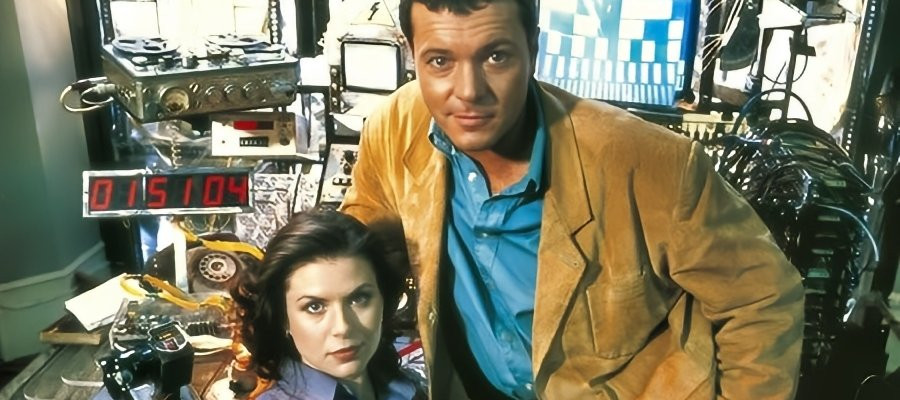
Crime Traveller
1997 - United KingdomReview: Laurence Marcus
In the spring of 1997, BBC1 launched Crime Traveller, a curious blend of detective procedural and light science fiction from acclaimed writer Anthony Horowitz. Known for his previous work on Robin of Sherwood, Boon, Murder Most Horrid, and Poirot, Horowitz approached the new show with a playful premise: what if time travel could help solve crime?
On paper, it sounded like a match made in cult TV heaven. Michael French, fresh from EastEnders, starred as Jeff Slade, a maverick detective with a penchant for breaking the rules and bending time. Chloë Annett played Holly Turner, a police scientist guarding a secret: a working time machine built by her late father. Together, they travelled back just far enough to witness crimes unfold in real time—solving cases in record time, though never able to alter the past.
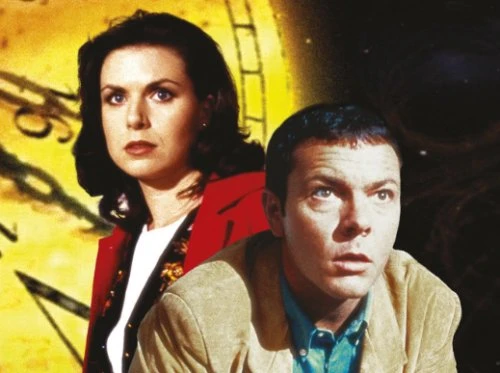
The notion was unapologetically high-concept but intentionally low-stakes. With Doctor Who absent from screens as a series since 1989 and no sign of a return in sight (the 1996 US co-prduced TV Movie did nothing to encourage fans of a permanent return), the BBC’s sci-fi cupboard was bare. Crime Traveller stepped in with a glint in its eye and a mission to entertain, not to rewrite the rules of time travel. And, for a while, it worked.
The series opened strong, drawing over 11 million viewers. But as weeks went on, ratings declined. While it stabilized at a respectable 8 million by its final episode, that initial sparkle had dulled. Critics were quick to pounce, faulting the show’s lightweight tone, missing the point that it was never trying to be Blade Runner. Crime Traveller was more Quantum Leap meets The Bill—easy-going, quirky, and refreshingly unpretentious.
Its undoing, however, was perhaps the very thing that set it apart. The series never leaned into its science fiction elements deeply enough to satisfy genre fans, nor did it fully develop the police procedural side to keep crime drama enthusiasts hooked. Secondary characters were underused, often reduced to one-note roles, and even Slade’s armed-detective status—a curious detail for a British cop—was never properly explored.
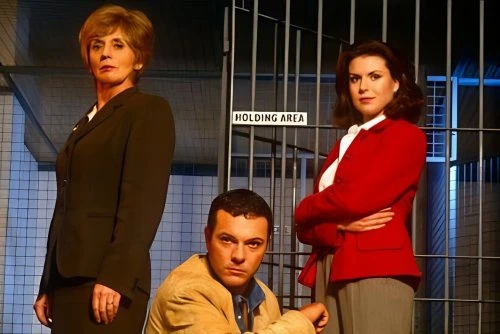
The rules of time travel in the show were rigid but simple: Slade and Holly could observe but not interfere, always needing to return to the time machine just before they left to avoid catastrophic consequences. This mechanic, while narratively tidy, didn’t leave much room for dramatic tension or long-term story arcs. There were no paradoxes, no grand philosophical stakes—just a weekly trip to gather clues and beat the clock.
Horowitz himself quickly moved on. Just a month after Crime Traveller began, ITV aired The Vanishing Man, his reworking of The Invisible Man. That show was picked up for a full series the following year, though Horowitz wasn’t involved. He shifted his creative energies to other projects like Murder in Mind, Midsomer Murders, and eventually the critically acclaimed Foyle’s War, proving his knack for crime storytelling was far from spent.
Meanwhile, Crime Traveller was cancelled after one season. Despite a loyal fanbase and reasonable ratings, the BBC pulled the plug, possibly unsure of how to market a show that didn’t fit neatly into any one box. Since then, it’s enjoyed the occasional rerun on UK Gold and found a modest afterlife on DVD via Revelation Films.
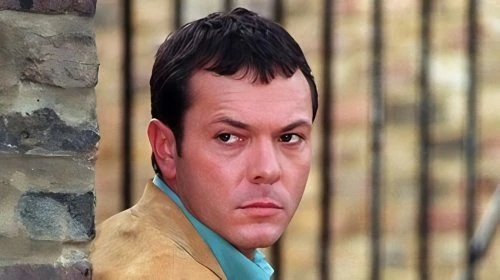
Today, Crime Traveller stands as a curious footnote in British sci-fi history. It wasn’t bad, just misjudged. It aimed to be fun, and in many ways it was—just not enough for an audience that may have wanted more depth, more edge, or simply more Doctor Who.
Still, for those who remember it fondly, Crime Traveller remains a nostalgic reminder of a time when British television was willing to try something a little different—even if only for a fleeting moment in time.
Verdict (2025 perspective):
★★☆☆☆
Crime Traveller had an intriguing concept but suffered from weak execution, predictable plots, and uneven acting.
Seen this show? How do you rate it?
Seen this show? How do you rate it?
Published on April 17th, 2025. Written by Laurence Marcus for Television Heaven.




